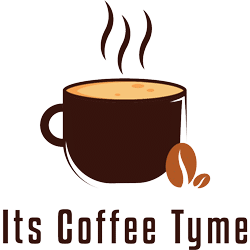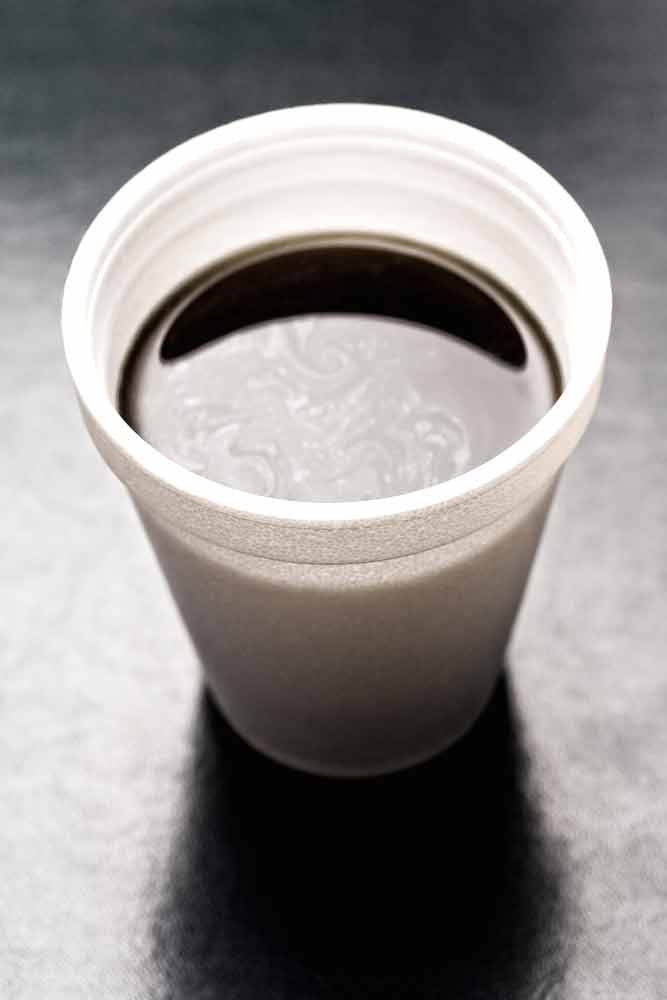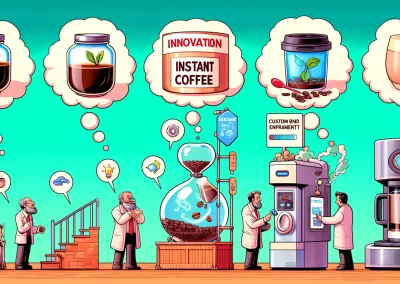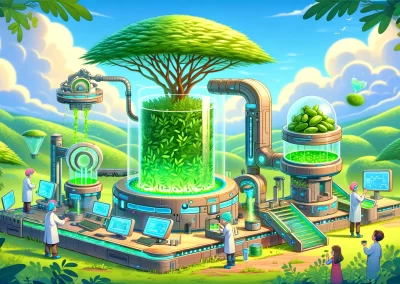Having your cup of joe every morning is probably the best feeling. But ever notices a film of oil on top of your coffee? You might wonder what is that oil and where did it come from, but do not worry as this oil is very common, and it comes from the coffee itself.
Oil on Top of your Coffee?
The oil on top of your coffee is called “coffee scum”. This term might be grim and will make you think that the oil is dirty and is unsafe however, it’s not bad as it sounds. Coffee scum is a natural occurrence in your coffee.
The oil in your coffee can rise for several reasons. Even the coffee in Starbucks have coffee scum, although you might not notice it. So it’s not a sign that you made a mistake brewing your coffee. Here are some reasons why oil surfaces in your coffee.
Brewing Method
Certain brewing methods actually produces more oil than other methods. The oil on top of your coffee is usually removed by coffee filters, so if you are using the drip method, this is more likely to produce a film. And if you are using paper filter with your coffee machine, your coffee will come out with less or without oil on top.
French press and Turkish coffee produces more oil residue since they don’t use any filter paper. If you want less oil in your coffee, we recommend using coffee makers that uses filter paper.
Roasting Type
How your coffee beans are roasted makes a big difference. Whole beans contain high amount of unsaturated fat, and it will impact how much oil will be in your coffee.
Light roast have the least amount of oil compared to medium and dark roast which has higher levels of natural oils. How your beans are roasted makes a difference as well. If your beans are roasted over flame – which gives your beans a burnt flavor, your coffee will have oil on top. If you want to avoid the oils, choose light roast coffee beans.
Bean Quality
The quality of your coffee bean will have a big impact on how much oil it produces. High-quality beans tend to be roasted for a longer period of time which makes their oil lesser. Low-quality beans are roasted for a shorter period of time and produces more oil.
Just because you have an oily coffee doesn’t mean that the beans used are low-quality. It can also mean that darker roast are used.
Filter Type
Using a filter for your coffee will help remove or reduce the oil. If you are using a coffee or espresso machine which usually has a built-in filter. This will keep oil from getting to your cup. But remember that not all filter are the same.
Activated charcoal filters are the best when it comes to reducing coffee scum. This will give you a smoother coffee without the oils.
Water Temperature
Coffee lovers and enthusiasts know that water temperature can impact the flavor of your espresso, but a lot of people doesn’t know that it can also impact how much oil your coffee will have. Hot water causes coffee molecules to bond more, but the fatty acids in coffee are insoluble which means that they will sit separately on top with very high water temperature.
Is Oil In Coffee A Good Or Bad?
A lot of us assume that the oil on top of your coffee means that the beans used are not fresh, or it has gone bad. But that is not always the case. Oily coffee can still be great and delicious. However, it can be a bad sign if there is a pool of oil in your light or medium roast coffee.
Darker roast coffee are naturally more oily and when combined with hot water, they tend to produce more oil. But if you are using light or medium roast coffee, and it has an oily surface, this can mean several things. Check the expiration date of the coffee, it’s unlikely that it’s unsafe to drink, but it probably does not have the best taste. With this in mind, taste your coffee first and then choose a different beans or grounds.
Do you Need to Avoid Oily Coffee?
Coffee Scum
Coffee scum is the film of oil on top of your coffee. This oil is from your coffee and a lot of factors can cause an oily coffee. These oils are mainly unsaturated fats that do not dissolve during the brewing process hence they float on top of your coffee.
If you are using your own coffee machine and is producing oily coffee, you should stop using your beans. The accumulated oil can clog your machine and prevent it from functioning properly or give you nasty tasting coffee.
How to avoid damaging your home coffee maker:
Use Light Roasts: The darker the roast of your coffee, the more oil it produces. Try using lighter roast coffee for a less oily coffee.
Use Fresh Beans: Fresh beans have lesser oil. Make it a habit to check the roasting date and expiration date of your beans. It is recommended to not buy in bulk specially if you are the only one who will consume it. This will prevent your beans from going bad, and you can ensure a fresh batch of beans every time.
Common Myths Around Oily Coffee/Coffee Beans
Oily Coffee Is Unsafe
Coffee scum doesn’t sound and look great and a lot of people think that it’s unsafe to consume. Unless your coffee has gone bad or has a nasty taste, consuming coffee with a layer of oil is safe. In fact, the oily layer contains antioxidant that is good for you.
Oily coffee means you messed up the brewing process
Coffee making is an art and a lot of people assume that having oil on top of your coffee means that you messed up something in the brewing process. But generally, coffee scum are produces because of several reasons. No need to doubt yourself and your brewing process. As long as your beans are fresh and your coffee taste great, then all is well.
Oily Coffee Means Cheap Ingredients
As mentioned above, high-quality coffee produces less oil and low-quality coffee has more oil. But keep in mind that this is not always the case. In fact, all coffee can be oily, and it depends on the roast type, water temperature, and filter type that is used. Do not assume that an oily coffee is from low-quality beans.
Conclusion
Coffee scum is a natural occurrence for every coffee. It all depends on how you brew your coffee, what filter type you use, and the type of coffee beans. Even light roast can produce oil, and darker roast can have less oil.
Unless your coffee is expired, or it tastes funny, oily coffee is always safe to drink.









